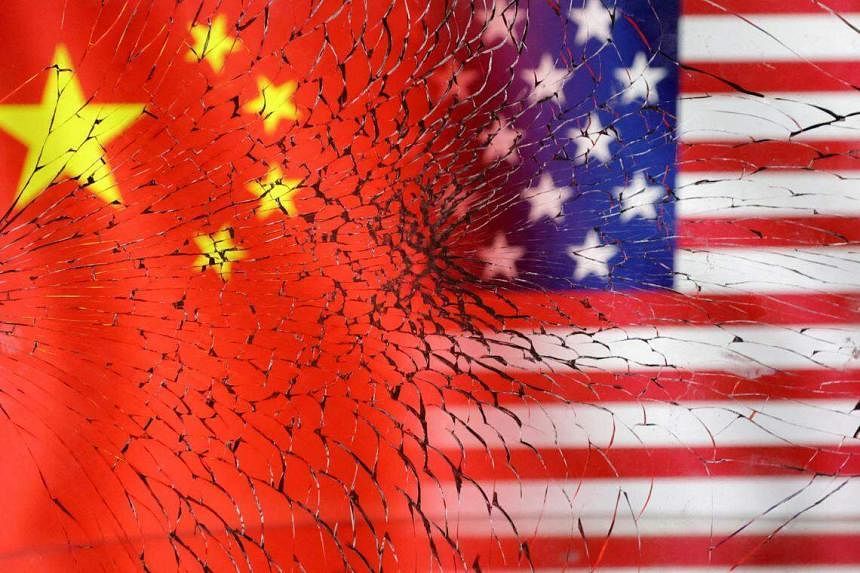In recent years, the rising trade frictions between the U.S. and China have established significant hurdles for Chinese corporations seeking to expand their operations in the United States. As a result of these growing tensions and increasing restrictions imposed by American lawmakers, a number of Chinese businesses are exploring unique strategies to overcome these challenges, including establishing overseas headquarters and even pursuing foreign citizenship.
One such entrepreneur is Ryan, a Shenzhen-based businessman who preferred to remain anonymous for fear of potential backlash. Ryan’s software startup has experienced considerable success in both East Asia and North America, and the company is primed for expansion into the U.S. market. However, the ongoing trade disputes and newly implemented restrictions have disrupted this growth trajectory.
This predicament is not confined to Ryan alone. In fact, this trend is prevalent among tech entrepreneurs from mainland China. According to a report by Reuters, seven tech entrepreneurs are exploring the possibility of attaining permanent residency or citizenship in foreign countries, including Hong Kong, Canada, Japan, Singapore, and even the U.S.

The rise in these developments coincides with the ongoing geopolitical frictions, initially ignited during Trump’s presidency, and has continued under Biden’s administration, as both nations compete for technological supremacy.
These conflicts have led to restrictions on American chip exports and data security concerns, resulting in bans on Chinese apps like ByteDance-owned TikTok in certain U.S. regions and on government devices. In response, China has imposed restrictions on certain industries, preventing them from using products from companies like Micron Technology and tightening rules on foreign consultancies and due diligence firms.
James McGregor, Chairman for Greater China at APCO Worldwide, noted that the “political narrative in Washington DC and in many state capitals” is based on the misconception that all Chinese firms have direct ties with the Chinese government and the Chinese Communist Party.
In spite of the challenging global scenario, most Chinese entrepreneurs maintain their ambition for expansion into the U.S. market. The option to operate solely within China’s domestic market isn’t appealing. A combination of regulatory clampdown on China’s technology sector since the end of 2020 and strict COVID-19 policies have contributed to rising disillusionment among these entrepreneurs.
For example, another tech entrepreneur named Wilson expressed his concerns saying, “Everything changed during the pandemic.” Following President Xi’s unprecedented third-term win, Wilson began exploring avenues to move his startup overseas, reasoning that “It’s easier for my employees, for my shareholders, if I’m out.”
In line with this sentiment, Tommy, another entrepreneur, decided to close down his business after frequent and intrusive government censorship requests. However, Tommy remains hopeful about relocating to the U.S., even after facing questioning by U.S. customs officials regarding his U.S. bank account during a recent business visit.
As more Chinese tech firms seek to relocate abroad, the notion of “de-Chinaing” or reducing their association with China, has become increasingly popular. Chris Pereira, who operates the Shenzhen-based business consulting firm North American Ecosystem Institute, reported that this trend is apparent among companies like the online fast-fashion retailer Shein and e-commerce firm PDD Holdings.
While these entrepreneurs strive to dissociate from their Chinese roots, they are concurrently tasked with navigating the intricate labyrinth of international regulations and potential bias. The geopolitical landscape is volatile, and the future of Chinese tech companies in the U.S. market remains ambiguous. But one fact stands: Chinese tech entrepreneurs are increasingly searching for opportunities and liberties abroad that they believe are no longer accessible within their home country.
©traders-news.online










